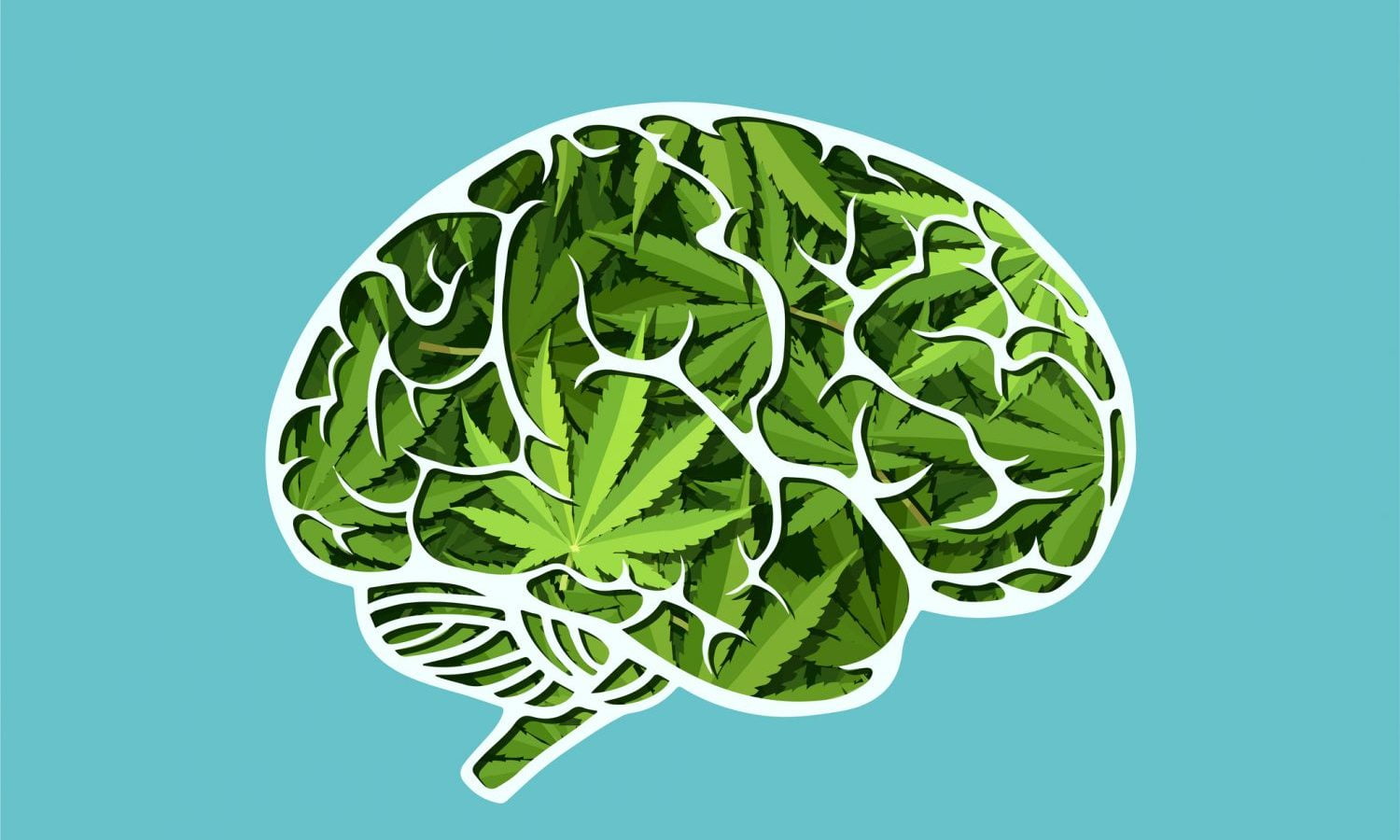
By
Does cannabis use, both medical and recreational, have a negative impact on cognitive function? As the number of studies focusing on cannabis exposure and cognitive impairment with different findings grows, the topic is becoming more controversial.
A study conducted in 2001 and published in the journal Archives of General Psychiatry revealed that “the former marihuana smokers did not show any cognitive impairments,” the same as a study published four years later in the journal Neurotoxicology and Teratology.

RELATED: Does Marijuana Make You Stupid? Here’s What Experts Say
On the other end of the spectrum are studies suggesting the opposite. As a rule, those kinds of studies mainly focus on the long-term outcomes of those who started using marijuana earlier in life, comparing statistically significant changes in cognitive functioning among those who use cannabis and those who don’t.
New Research
One such example is recent research that followed 1,037 New Zealanders from age 3 to age 45 to determine the effect marijuana has on brain function.
Published in The American Journal of Psychiatry, the study found that those who have been using cannabis long-term and on a regular basis showed cognitive impairment after all.
Besides a 5.5 points decline in users’ IQs from childhood to midlife, the results confirmed some deficits in learning and processing speed compared to those who are not marijuana users.
RELATED: There’s No Proof Smoking Weed Occasionally Is Harmful, Says Top Federal Drug Official
Moreover, long-term cannabis users also developed memory and attention problems, the study found.
However, experts said that more studies are needed to assess if long-term marijuana users show increased rates of dementia in later life.
This article originally appeared on Benzinga and has been reposted with permission.




